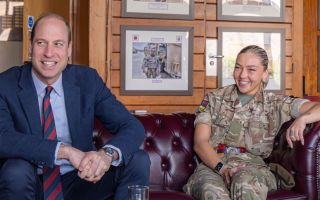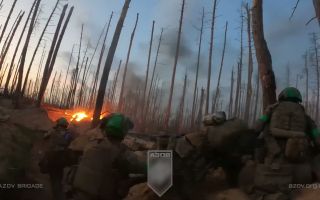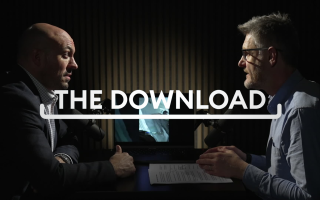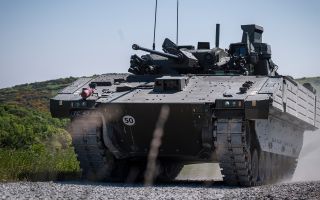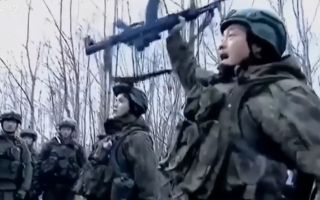Chilcot: Tony Blair 'Not Straight With The Nation' Over Iraq War
Sir John Chilcot has said he does not believe Tony Blair was "straight with the nation" about his decisions in the run-up to the Iraq War.
The chairman of the public inquiry said the former prime minister had been "emotionally truthful" in his account of events leading up to the conflict, but he suggested Mr Blair relied on "belief" rather than "fact".
In an interview with the BBC, he was asked if Mr Blair was as truthful with him and the public as he should have been during the seven-year inquiry. He said:
"Can I slightly reword that to say I think any prime minister taking a country into war has got to be straight with the nation and carry it, so far as possible, with him or her."
"I don't believe that was the case in the Iraq instance."
A spokesman for Mr Blair told the BBC that "all these issues" had been dealt with.
Jeremy Corbyn has said he agrees with Sir John, noting that preparatory legal proceedings were going on as a result of the war, but he was more interested in learning lessons for the future.
He said: "The case against the Iraq War is a very strong one.
"We have got to think very carefully as a country what has happened since the Iraq War and the consequences that flowed from what I believe was a catastrophically wrong decision in 2003."
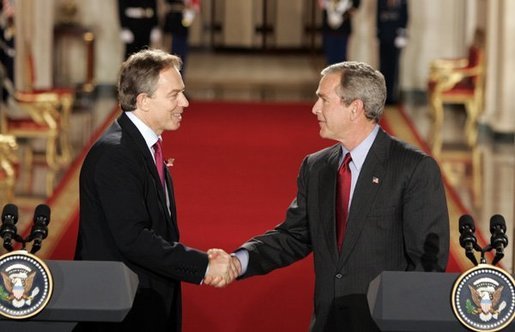
The Chilcot Report found that former Iraqi dictator Saddam Hussein posed ''no imminent threat'' at the time of the invasion of his country in 2003, and the war was fought on the basis of ''flawed'' intelligence.
While giving evidence to the inquiry, Mr Blair denied he had taken the country to war on the basis of a "lie" over Saddam's supposed weapons of mass destruction.
In a now infamous claim, Mr Blair told MPs that Saddam Hussein was developing weapons of mass destruction, and later said intelligence showed the Iraqi tyrant could deploy chemical and biological weapons within 45 minutes.
Asked if was "exaggerated", Sir John replied: "He found - I don't know whether consciously or not - a verbal formula in the dossier and his foreword to it.
"He said - and used it again later - 'I believe the assessed intelligence shows beyond doubt.' Pinning it on my belief, not on the fact, what the assessed intelligence said."
The report said the UK chose to join the invasion of Iraq before the peaceful options for disarmament had been exhausted and military action was not a last resort.
It added: "We have also concluded that the judgments about the severity of the threat posed by Iraq's weapons of mass destruction were presented with a certainty that was not justified."
Following the report's publication, Mr Blair said that, while the Chilcot Report contained "serious criticisms", it showed "there were no lies, Parliament and the Cabinet were not misled, there was no secret commitment to war, intelligence was not falsified and the decision was made in good faith".
In the first interview after his response on the day of the publication, Forces TV asked Mr Blair about the mistakes in military planning:


